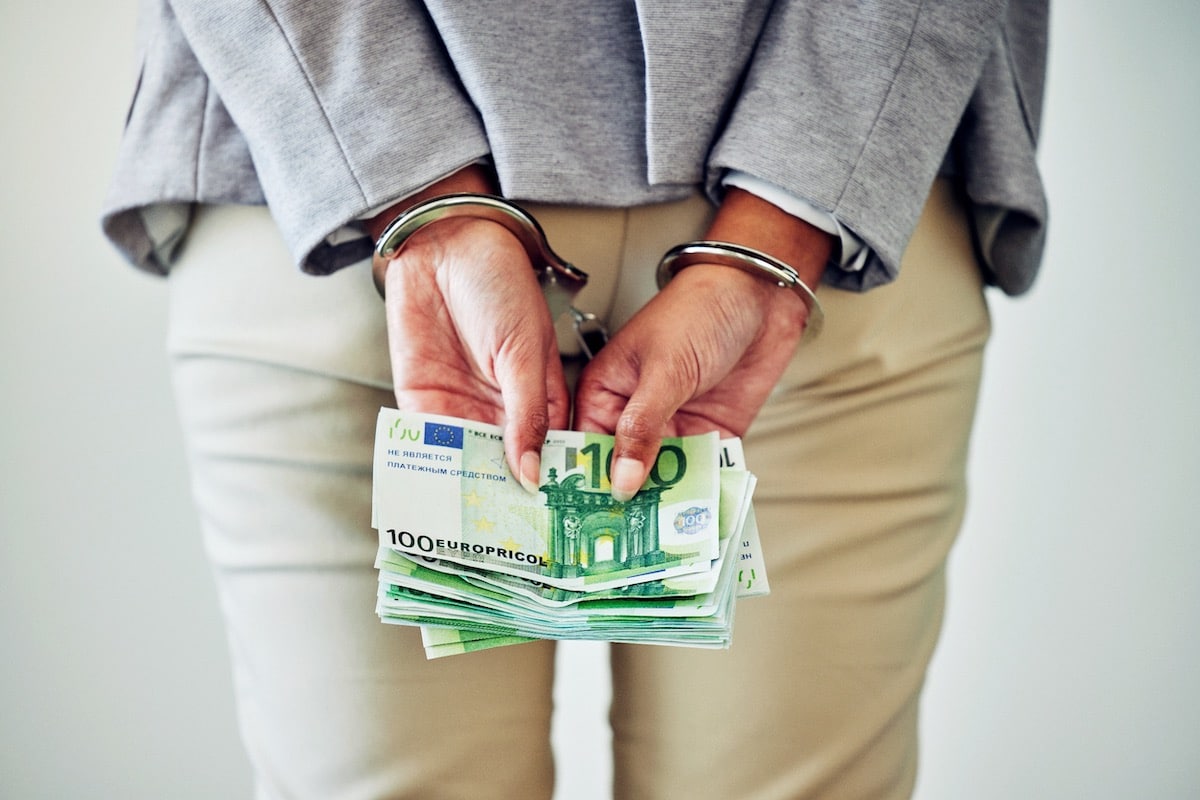The following is an excerpt from the book “The Music Catalog Sales Guide”, by Silvino E. Díaz, Esq. It’s a comprehensive dealmaking guide for artists, companies, and professionals in the music industry. It discusses current trends, as well as tips on how to: organize your assets; structure your team; attract major investors; value your catalog; and prepare to sell.
[ DOWNLOAD THE FREE E-BOOK HERE ]
What Is Money Laundering?
Money laundering is the process of making illegally-gained proceeds, also known as dirty money, appear legal, or clean. This is typically done by moving the money through a series of transactions or “layering” to obscure the funds’ illegal origins. The process often involves moving the money through multiple bank accounts or shell companies, or even using it to purchase assets such as real estate or artwork. The ultimate goal of money laundering is to make the money appear as though it came from a legitimate source, so that it can be used without detection by law enforcement.
What Are Some Ways the Music Industry Launders Money?
Money laundering through music artists can occur in a few different ways. One way is by using the proceeds of illegal activities to fund the artist’s music career. For example, an individual may use money from drug trafficking to pay for studio time, music videos, and other expenses related to the artist’s career. This can make it appear as though the money is being earned through legitimate means, when in fact it is not.
Another way money can be laundered through music artists is by using them as a “front” for illegal activities. For example, a criminal organization may use a music artist as a cover for their illegal activities, using the artist’s name and image to legitimize their business dealings.
Money laundering can also happen through the sale of music royalties or other revenue streams generated by the artist’s music. This can be done by creating a complex web of shell companies and bank accounts to move the money through, making it difficult to trace the money back to its illegal origins.
How Is Money Laundering Criminalized at the State and Federal Level?
Not uncommonly, for this is illegal activity, some artists involved in this kind of activity are not aware that it’s being done by third parties, who use the artist’s name and fame for their own illegal gain.
Money laundering is criminalized at both the state and federal levels, which means that you can be prosecuted by both the state government and the federal government for committing this crime. For example, in Florida this crime is ruled under Section 896.101 of the Florida Statutes, also called the Florida Money Laundering Act. In Florida, money laundering carries a maximum penalty of up to 30 years in prison and a fine of $250,000 or twice the value of the financial transactions involved, whichever is greater.
At the federal level, money laundering carries a sentence of up to 20 years and fines of up to $500,000 or twice the value of the property that was involved in the transaction, whichever amount is greater.
How Do I Report Money Laundering?
As mentioned in this article, money laundering is a crime, and artists may be indirect victims of it. If you are an artist and either know of an ongoing money laundering scheme or are suspicious of it, you can either contact your local law enforcement or report it to the Federal Bureau of Investigations (FBI) via either your local FBI office or its toll-free number: 1-800-CALL-FBI (1-800-225-5324).


